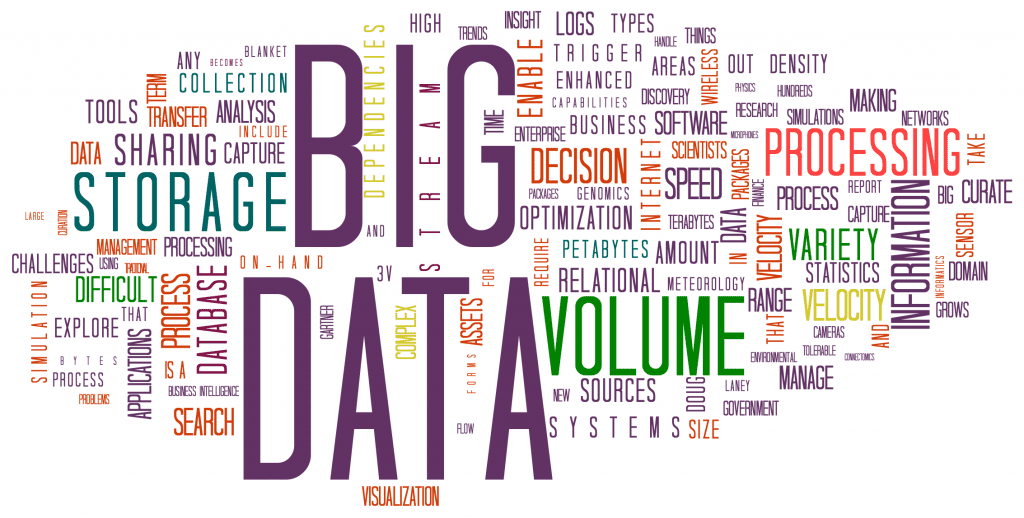This article was originally sourced from the post “True Detectives” on Kellogg’s news & events site.
Speakers who have currently or formerly represented companies such as Google, Microsoft and Booz Allen shared some advice one how today’s executives can harness the power of big data at this year’s Theory + Practice in Marketing conference held at Kellogg School of Business. They revealed the value of academics’ and practitioners’ shared focus on developing an analytical approach to customer centricity.
1. Become a professional skeptic
“My education here taught me how to be a professional skeptic as opposed to an armchair skeptic,” said former Booz & Company CEO Shumeet Banerji, recipient of Kellogg PhD. “Being a professional skeptic is about asking, ‘Is that true?’ ‘Under what conditions is it true?’ ‘Can you support that claim with evidence?’ Good questions beget good answers. It is about not accepting something is thus because a wise man said so.”
2. Emphasize decision-making over analytic output
“While analysts do analytics, nobody listens to them,” Banerji said. “You have to get line people to use analysis. And the way you get them to do it is by integrating the analytics into decision-making. What matters is decision-making, what doesn’t matter is analytic output.”
3. Don’t buy the quick-fix “anxiety sell” — hire the right people instead
Tony Fagan, leader of a quantitative research team at Google, underscored the importance of hiring a Watson-like team with the right combination of skills.
“It’s almost a fluency issue,” he said. “They need a certain intuition with data, they need to know what questions to ask and they need to have some understanding of technology, because that, in my view, is what will affect marketing organizations in the future.”
4. Experiment your way to rapid innovation
Susan Athey, Stanford Professor and former chief economist at Microsoft, how research principles can best apply to modern business, especially in the area of web search and online advertising. Ideally, all of this tinkering and A/B testing will have a positive impact on key stakeholders.
“When you think about changing a [web search] algorithm, it’s going to change the outcome for all constituents, Athey said. “It’s going to change revenue for the platform, it’s going to change advertiser profits and it’s going to change the user experience. You’re constantly monitoring how changes you make affect the welfare of participants.”
